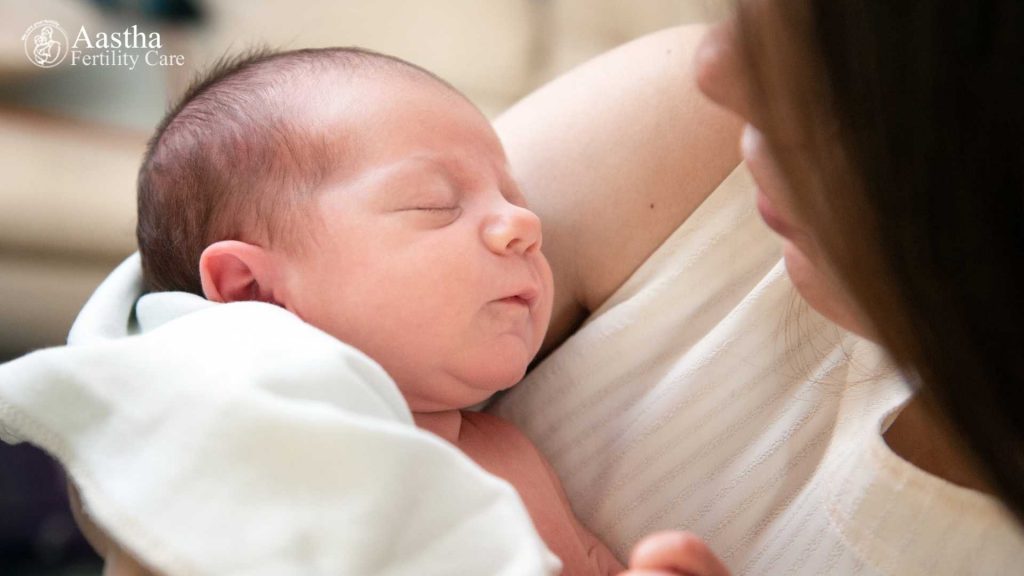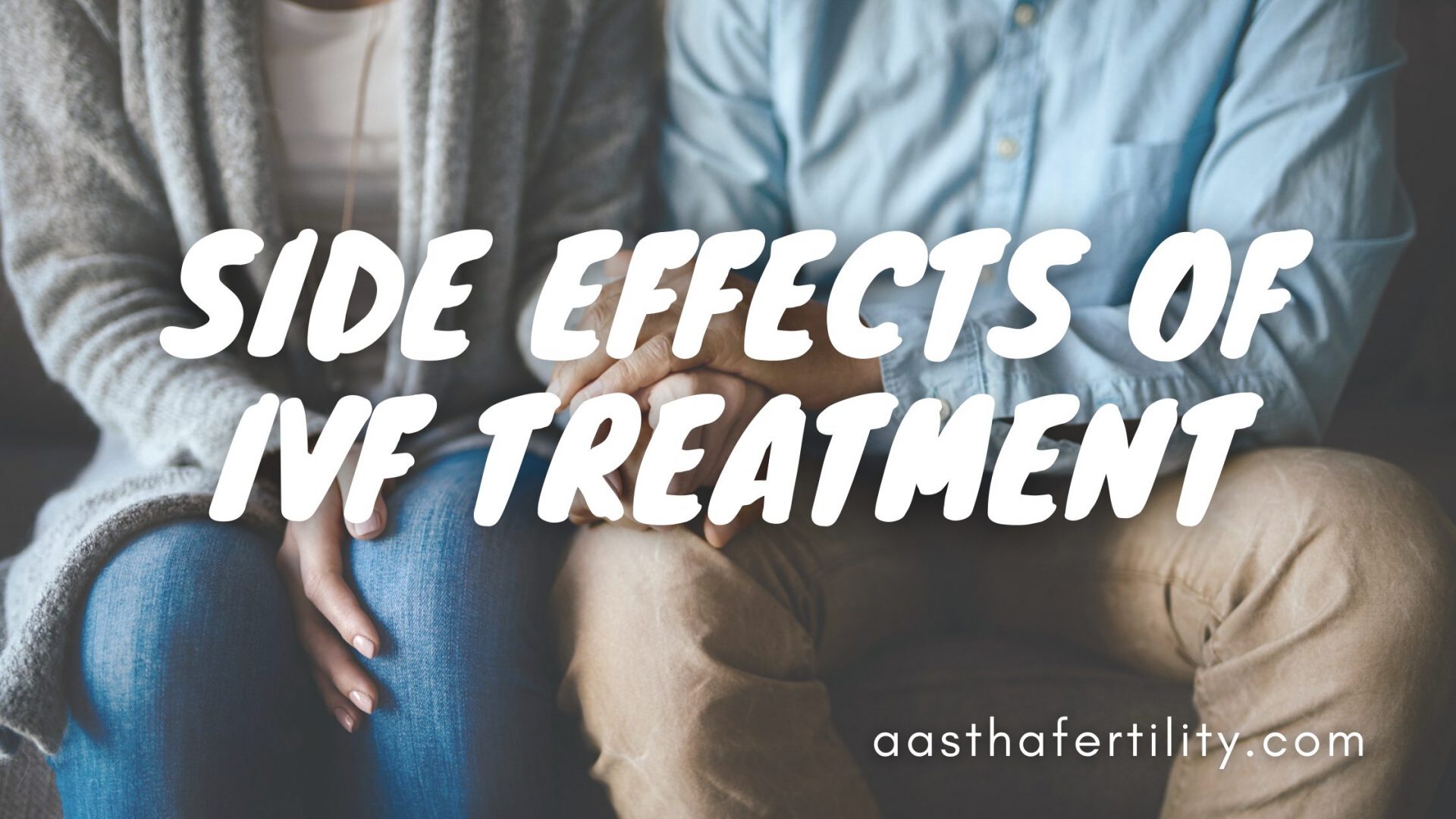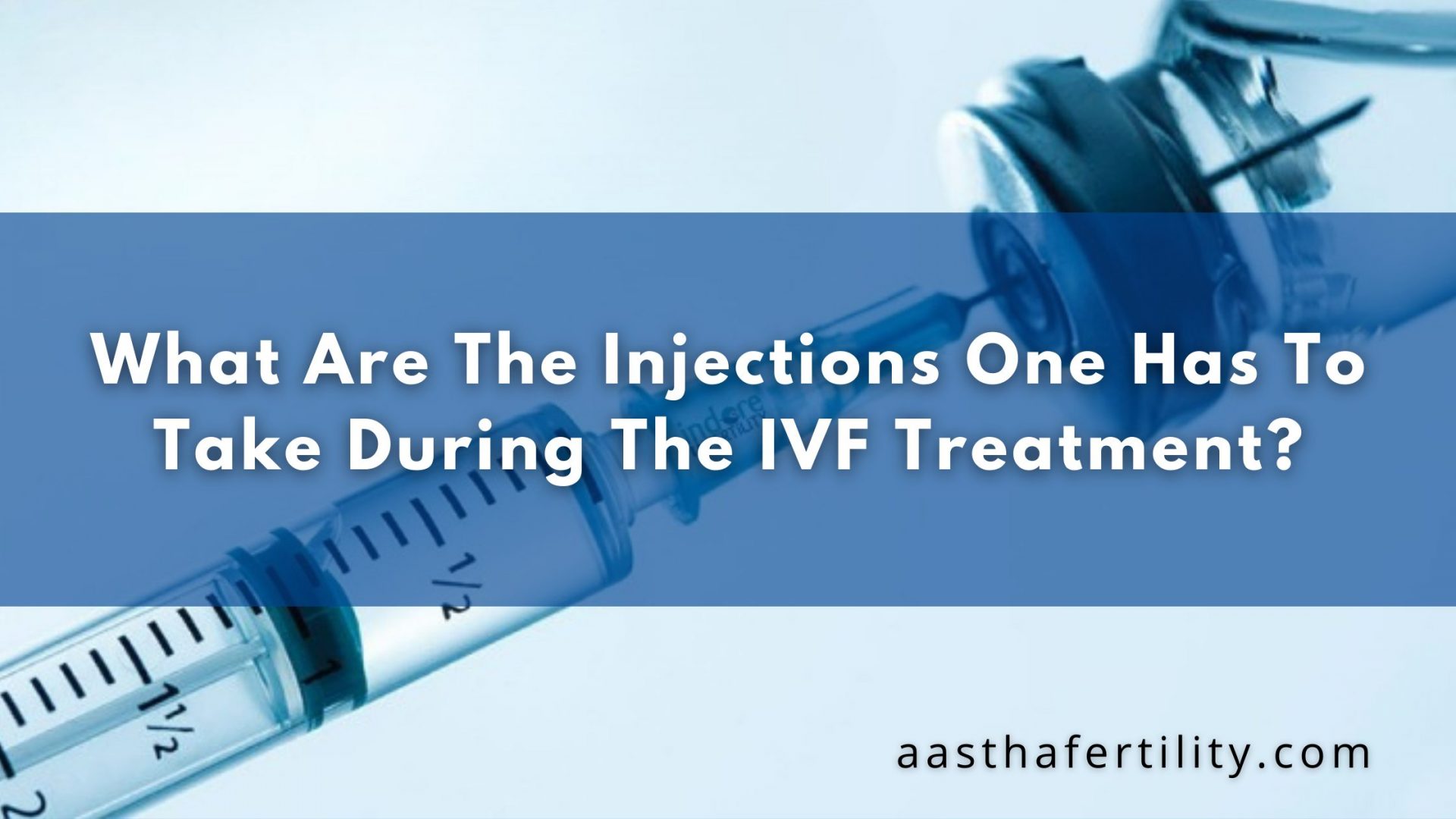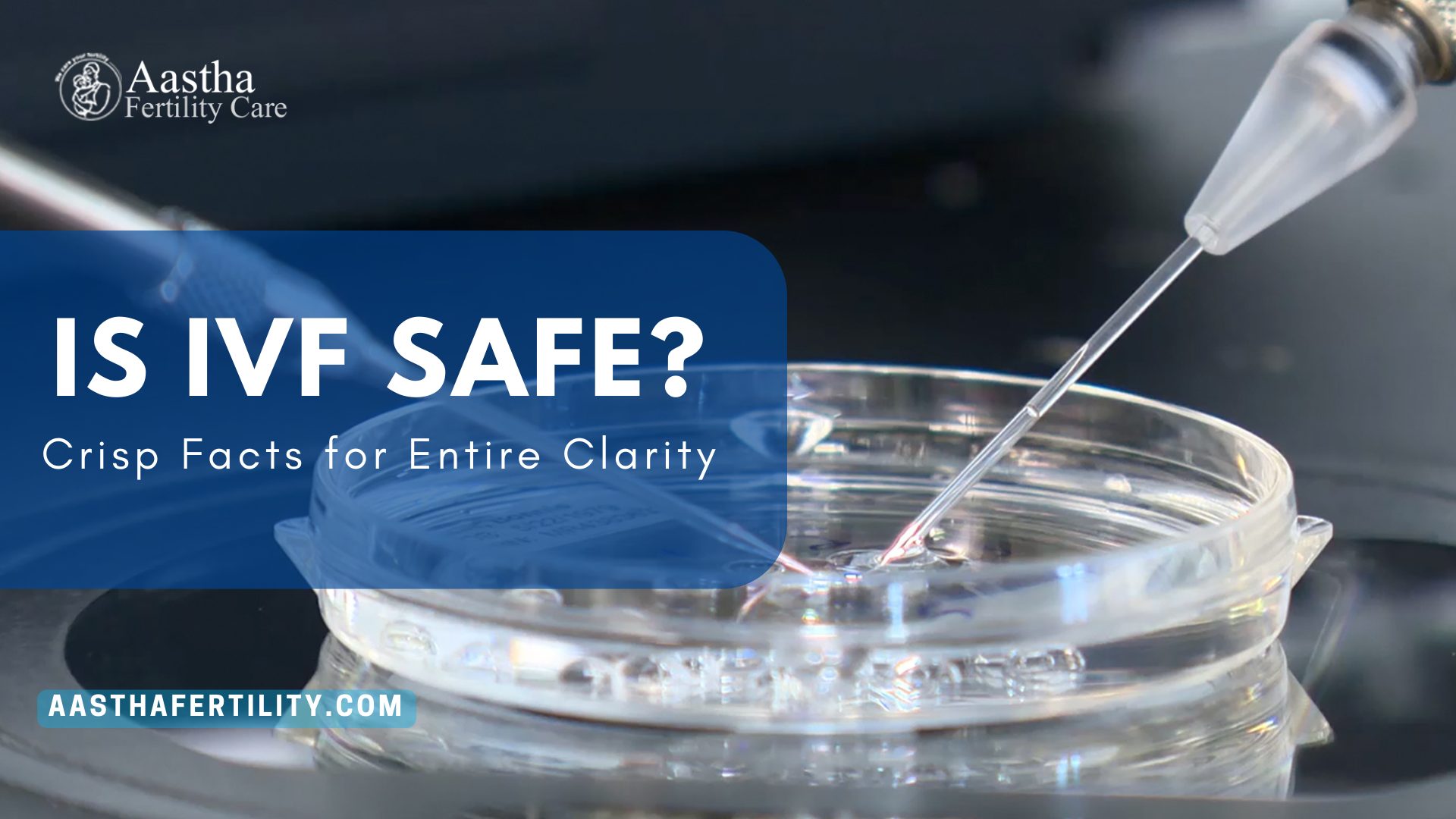Table of Contents
ToggleAccording to research published by the National Institute of Health, United States, infertility is at its peak in India, affecting almost 25% of Indian couples, and ART treatments are at the rescue, increasing the conceiving success chances for individuals and couples struggling with infertility. ART treatments, like IVF, have allowed many people to have biological children.

But since these treatments include external medical procedures, myths regarding IVF babies’ disadvantages are at buzz over the internet. Are there significant risks associated with IVF babies? How to overcome the disadvantages associated with IVF babies?
As most infertility treatments are assisted reproductive technologies, it is essential to note that risks are associated with IVF, but these are generally too low.
Moreover, the benefits of IVF can outweigh the risks for many individuals and married couples if assisted by expert and experienced medical professionals.
Aastha Fertility Center, in particular, boasts a high success rate of 30% and continues to see an increase in success percentages each year. Don’t let myths and misconceptions about IVF babies discourage you from exploring this option as a way to start or grow your family. Trust in the expertise of medical professionals and consider the potential benefits that outweigh any potential risks.
Let’s move forward with the summarized details of IVF baby disadvantages theories to know the reality behind these myths.
Myth Busters for IVF Babies Disadvantages
Babies born by In-Vitro Fertilization (IVF) may have several possible drawbacks to consider, such as:
IVF Babies Disadvantages Myth 1 – Birth Defect Risk
According to the NCBI (National Center for Biotechnology Information) report on the Risk of Birth Defects, IVF-conceived children may have a marginally increased risk of several birth abnormalities that can affect the baby’s health, survival, and development. It includes chromosomal abnormalities such as down syndrome, structural defects like heart defects and other internal organ issues, and genetic disorders like sickle cell anemia and cystic fibrosis.
Why are Birth Defect Risks Associated with IVF?
IVF treatment is done when a woman cannot conceive naturally. External medications and IVF treatment procedures make a woman capable of giving birth. But sometimes, the body cannot respond ideally to these medications and is unable to nurture babies in the womb with growth essentials. It increases the risks associated with the procedure, leading to birth defects in IVF babies. Some genetic causes, socioeconomic and demographic factors, infections, and other unknown causes can also be the reasons for the disadvantages.
Myth Buster
However, it is essential to note that these defects are due to individuals’ body functioning and response to IVF treatment and have no link with the standard IVF procedure. Expert-professional medical guidance can decrease the risk of birth defects by scheduling various screening and other required follow-ups to be updated about the patient’s internal body progress.
PGD (Pre-Implantation Diagn) and PGS (Preimplantation Genetic Screening)– are performed on embryos to find chromosomal abnormalities before implantation and may help with early birth defect detections.
IVF Babies Disadvantages Myth 2- Low Birth Weight And Preterm Delivery
Low birth weight, a baby weighing less than 5 pounds, and premature birth, a baby born before 37 weeks of pregnancy, are also one of the associated IVF baby disadvantages. Health problems associated with preterm birth and low birth weight are developmental delays, higher risks of health problems, infections, respiratory issues, and problems with feeding or digestion.
Why are Low Birth Weight And Preterm Delivery Risks Associated with IVF?
Potential reasons for the disadvantage include ovarian stimulation due to a higher level of certain hormones in the mother’s bloodstream that can affect fetal development and growth. Moreover, other placental problems which affect the delivery of oxygen and nutrients to the fetus and increased maternal age can also be the reason.
Myth Busters
Low birth weight and pre-term deliveries happen when the mother’s womb cannot nourish the baby with desired nutrients and essentials or during uterus problems, pregnancy complications, and previous pre-term history.
IVF procedure includes various technologies that keep a record of the mother’s and baby’s progress and identifies any complications at early stages when they can be cured.
IVF Babies Disadvantages Myth 3- Multiple Pregnancies
The most hyped myth about IVF is multiple pregnancies which states the birth of twins, triplets, or even more. But, giving birth to more than one baby is not an issue as the couple is blessed with more than desired until it compromises the health or development of the second or third infant.
Why are Multiple Pregnancies Risks Associated with IVF?
As we have already discussed, a woman opts for IVF when her body is incapable of conceiving naturally. IVF medications externally support the body with the missing requirements and help with the delivery of a healthy baby. But in rare cases, when multiple eggs are implanted to increase the pregnancy chances, they lead to the development of more than two babies, compromising health. However, this is rare when a woman’s body does not respond to the reproductive procedures, and doctors have to implant multiple embryos to increase the success chances.
Myth Busters
IVF only aims to deliver a healthy baby, and the procedure begins with implanting a fertilized egg in a woman’s uterus for embryo development and pregnancy. But, sometimes, in case of poor semen or egg health, doctors insert two or more fertilized eggs to increase the success chances.
This is, therefore, a personalized approach according to the couple’s health and has no link with standard IVF failures.
All the discussed pointers are the hyped IVF babies’ disadvantages that create a myth about declining IVF success rates and the disadvantages of infertility treatment. But, it is essential for a couple to note that infertility treatments are Assisted Reproductive Technologies that assist the body in case of lower or missing requirements for natural pregnancy.
IVF has a standard procedure, but its results vary from body to body, depending on factors like maternal age, cause of infertility, and embryo quality. Moreover, most initial procedures are done with the help of external medications and in the doctor’s lab and then interact with the human body.
The human body, therefore, needs time and professional guidance to reciprocate these externally made changes, demanding proper medical assistance throughout the process. So, if you’re planning to opt for IVF treatment and worried about the hyped IVF babies disadvantages myth, then Aastha Fertility Experts will help you with a real-time check.
Schedule your Free Online Consultation Appointment with the experts now to know more.





Leave a comment